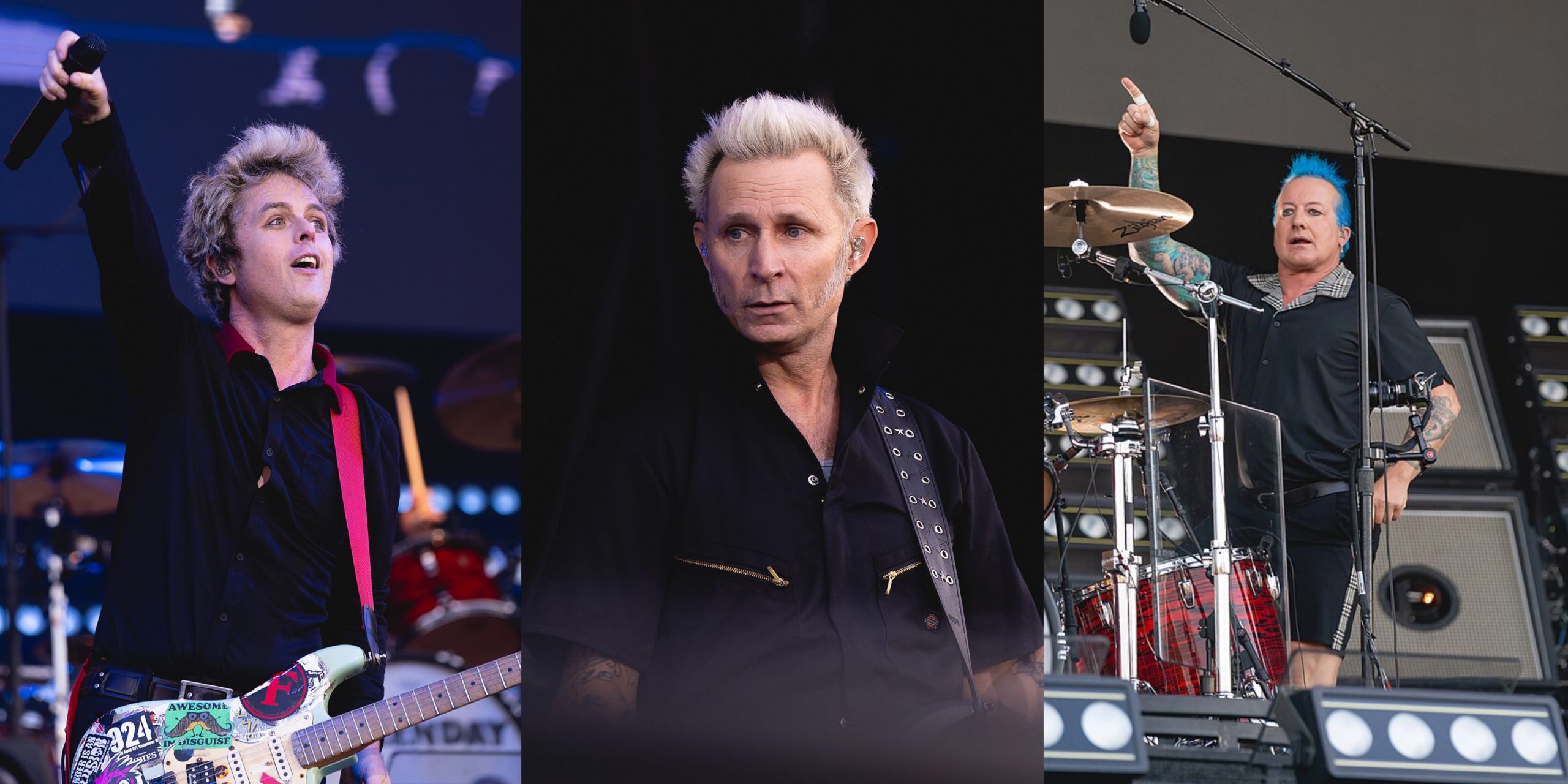Your favorite bands provide more than just music—they create soundtracks for life’s most meaningful moments. When a key member faces a serious health crisis, that connection takes on even greater significance. Green Day’s longtime touring keyboardist and saxophonist Jason Freese received a diagnosis no one saw coming: stage 3 lung cancer in January 2024, discovered on his birthday.
The shocking diagnosis came despite Freese being a non-smoker and dedicated runner with no obvious symptoms. “I was, like, offended when they said the C word … that’s a scary word,” Freese shared in his ABC7 interview. This unexpected health crisis forced him to step away from touring temporarily—a difficult decision for any musician whose life revolves around performance.
After briefly stepping away to focus on his health, Freese’s energetic return couldn’t come at a more perfect time as Green Day headlined Coachella 2025, where the band led a diverse festival lineup that enhanced VIP experiences and expanded camping options for the April desert showcase.
Like orchestrating a complex musical arrangement where every note must fall perfectly in place, Freese’s medical team at UCI Health designed a treatment symphony that progressed from chemotherapy to gene therapy, culminating in surgery to remove half his left lung, followed by radiation. The aggressive approach proved necessary to combat the advanced stage of his cancer.
If you’re among the millions who’ve experienced a Green Day concert in the past two decades, you’ve likely felt Freese’s musical contributions since 2004. His keyboard work and saxophone playing have become integral components of the band’s live sound. The temporary absence of such a foundational member created a gap in the band’s performances that fans and fellow musicians felt deeply.
By July 2024, Freese was declared cancer-free and chose this moment to share his diagnosis publicly with fans for the first time through social media. The musician celebrated this victory by ringing the cancer center’s bell, a tradition marking the end of treatment. This moment represented more than just medical success; it signaled his return to both fatherhood and his musical career.
Throughout his treatment, Freese made efforts to maintain normalcy for his family, even driving his children to school when possible. His medical team provided not just technical expertise but emotional encouragement throughout the ordeal. “Dr. Mahtabifard is my hero,” Freese stated, referring to the physician who promised he would perform again. “You said, ‘You’re going to be fine, you’re going to be out on tour and I’m going to come to your show and I’ll be in the front row.’ And you did!”
Cancer’s impact extends beyond physical health to your sense of identity and purpose. For touring musicians like Freese, being unable to perform strips away a fundamental part of who they are. His return to the stage wasn’t just about playing music again—it represented reclaiming his life. “It was incredible getting back out and going, ‘Okay, I did it, I conquered it. I didn’t let cancer beat me,’” Freese reflected.
The battle isn’t completely over. Like most cancer survivors, Freese faces ongoing monitoring with CAT scans scheduled every six months for the next five years. This vigilance ensures any potential recurrence can be caught immediately, providing both medical security and peace of mind as he returns to his demanding touring schedule.
Green Day has unfortunately encountered cancer among its extended family before. The band previously supported guitarist Jason White through his successful battle with tonsil cancer in 2014. This history of standing by members during health crises demonstrates the band’s loyalty and family-like bond that extends beyond mere professional relationships.
Freese’s triumphant return has energized fans worldwide and comes at a pivotal time as Green Day prepares for their extensive 2025 world tour. His recovery ensures the band maintains their signature live sound that millions have come to expect, with his keyboard and saxophone work remaining integral to their performances.
For music lovers, this story transcends typical health news. It demonstrates how resilience, medical expertise, and community support can combine to overcome even the most daunting challenges. As Green Day continues touring with their complete lineup intact, Freese’s presence on stage now carries additional meaning—each performance representing not just musical mastery but a victory over cancer that deserves its own standing ovation.


























